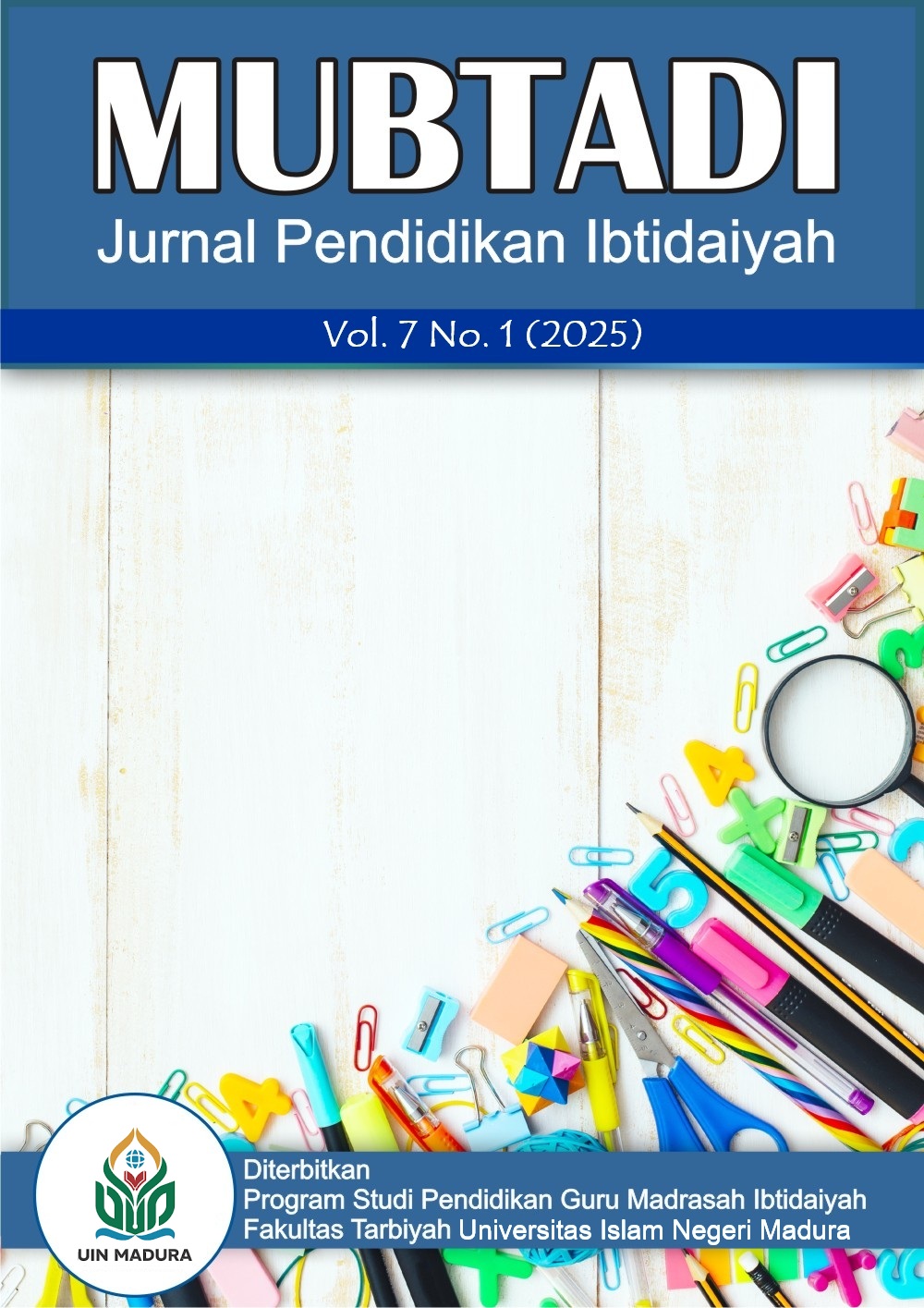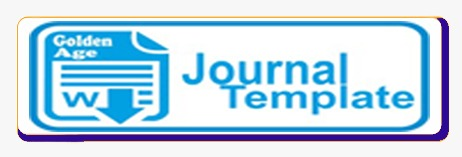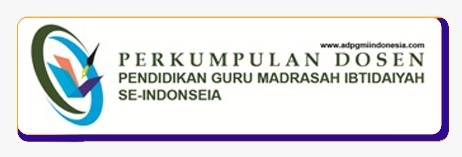THE EFFECT OF ANAGRAM ON STUDENTS' SPELLING PROFICIENCY: AN EXPERIMENT ON ELEMENTARY STUDENTS OF WIN INSTITUTE PAMEKASAN
 Abstract views: 146
,
Abstract views: 146
,
 PDF downloads: 80
PDF downloads: 80
Abstract
This research investigates the impact of anagram-based learning strategies on students spelling abilities, addressing the critical research question of whether these strategies can enhance spelling proficiency compared to before and after treatment. To assess this, quantitative data were collected through standardized spelling assessments and performance metrics administered before and after the implementation of anagram exercises in the classroom setting. The findings reveal a statistically significant improvement in spelling scores among students who engaged with anagram-based activities, suggesting that these strategies not only foster greater engagement in the learning process but also lead to enhanced retention of spelling patterns and rules. The result of the research shows that Sig. (2-tailed) is 0.00 that lower than 0.05. It means that there is positive effect of anagram on students spelling proficiency. Furthermore, the significance of improved spelling abilities extends beyond. By enhancing student spelling capabilities through effective and interactive methods such as anagram exercises, the study contributes valuable insights that may inform instructional design and pedagogical approaches in educational settings.
Downloads
References
Ary, D., Jacobs, L. C., Irvine, C. K. S., & Walker, D. A. (2019). IIntroduction to Research in Education,Tenth Edition. Cengage.
Elimelech, A., & Aram, D. (2019). A Digital Early Spelling Game: The Role of Auditory and Visual Support. AERA Open, 5(2), 2332858419857702. https://doi.org/10.1177/2332858419857702
Erawati, N. K., & Adnyana, P. B. (2024). IMPLEMENTATION OF JEAN PEAGET’S THEORY OF CONTRUCTIVISM IN LEARNING: A LITERATURE REVIEW. Indonesian Journal of Educational Development (IJED), 5(3), 394–401. https://doi.org/10.59672/ijed.v5i3.4148
Hijjatul Qamariah & Sri Wahyuni. (2018). TEACHING SPELLING THROUGH GAMES. Visipena Journal, 9(1), 137–150. https://doi.org/10.46244/visipena.v9i1.447
Indrawati, I., & Resti, F. (2020). Using Anagram Technique to Develop Students’ Vocabulary Mastery to the Seventh Grade Students. SUSTAINABLE: Jurnal Kajian Mutu Pendidikan, 3(2), 86–96. https://doi.org/10.32923/kjmp.v3i2.1434
Kartikasari, D., Arjulayana, - -, & Putra, A. S. (2021). THE EFFECT OF ANAGRAM GAME ON THE EIGHTH GRADE STUDENTS’ VOCABULARY MASTERY AT SMPN 3 BALARAJA. Globish: An English-Indonesian Journal for English, Education, and Culture, 10(1), 1. https://doi.org/10.31000/globish.v10i1.3223
Lazarus, K. U., & Audu, O. O. (2023). EFFECT OF TWO INSTRUCTIONAL STRATEGIES ON SPELLING PERFORMANCE OF PUPILS WITH LEARNING DISABILITIES IN IBADAN, NIGERIA. International Online Journal of Primary Education, 12(1), 15–24. https://doi.org/10.55020/iojpe.1274830
Sihombing, E. Z., & Pricilia, G. M. (2020). THE EFFECT OF USING ANAGRAM GAME ON STUDENTS’ VOCABULARY MASTERY (A STUDY AT THE ELEVENTH GRADE OF SMA HARAPAN PADANGSIDIMPUAN 2020 – 2021 ACADEMIC YEAR). 3.
Mubtadi: Jurnal pendidikan ibtidaiyah, adalah jurnal yang tidak berbasis komersial. tetapi memberikan lisensi kepada penulis atas karyanya. naskah penulis yang sudah di muat dapat dibuka oleh siapapun dan dapat diperguanakn oleh siapapun dengan catatan berbagi informasi tanpa dipungut baiaya apapun.



.jpg)










